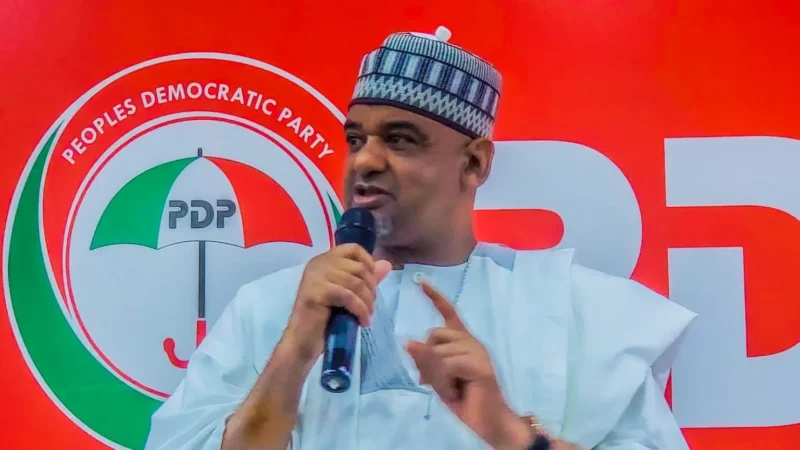Lagos State To Tailor Energy Policies To Local Needs After Regulatory Changes

The Lagos State Electricity Regulatory Commission (LASERC) is expected to exercise more flexibility to tailor energy policies to local needs, improving service delivery and fostering growth in the electricity sector.
The decentralization of electricity market regulation is expected to have profound effects on consumers and other stakeholders in Lagos State.
By shifting oversight to LASERC, the State Government aims to streamline operations, increase efficiency, and enhance the overall quality of electricity services.
Oriental News Nigeria, reports that the Nigerian Electricity Regulatory Commission (NERC), has transferred the regulatory oversight of the electricity market in Lagos State to the newly established Lagos State Electricity Regulatory Commission (LASERC), following the amended provisions of the Nigerian Constitution and the Electricity Act of 2023 (EA 2023).
In compliance to the amended Constitution of the Federal Republic of Nigeria and the Electricity Act of 2023, the regulatory oversight of Lagos State’s electricity market is now under the jurisdiction of LASERC.
This transfer follows a comprehensive process that aligns with the requirements outlined in the Electricity Act 2023, which allows states to assume regulatory control over their intrastate electricity markets, provided they notify the NERC and meet the necessary conditions.
The EA 2023 also retains NERC’s role as the central regulator overseeing inter-state and international electricity operations, including generation, transmission, supply, trading, and system management. While NERC continues to regulate national activities, LASERC will be the designated authority for Lagos’ intrastate electricity market.
The Lagos State Government met all legal conditions stipulated by the Electricity Act 2023 to request the transfer of regulatory oversight. After complying with the required formalities, Lagos notified NERC, triggering the process for the handover of responsibilities. This shift reflects the increasing decentralization of regulatory power in the Nigerian electricity sector, with states given more autonomy in managing their local energy markets.
As part of the transfer, the NERC’s Order outlines a series of steps to ensure a smooth transition of responsibilities to LASERC.
Among the key provisions of the Order are; Eko Electricity Distribution Plc (EKEDP) has been mandated to establish a subsidiary, EKEDP SubCo, to take over the intrastate supply and distribution of electricity in Lagos State.
The incorporation of EKEDP SubCo must be completed within 60 days from 5th December 2024. Once incorporated, EKEDP SubCo will apply for a license to operate under LASERC’s regulations.
Also Ikeja Electric Plc is required to create a subsidiary, IE SubCo, which will assume responsibility for the intrastate supply and distribution of electricity in Lagos State. IE SubCo is expected to be incorporated within the same 60-day period, with plans to apply for a license from LASERC to operate in compliance with the new regulatory framework. The NERC Order stipulates that all transfers of responsibility, including the incorporation of subsidiaries and licensing processes, must be completed by 4th June 2025.
This timeline ensures that the transition to LASERC’s oversight is achieved in a structured and timely manner, setting the stage for the state’s full control over its electricity market.
The transfer of regulatory authority represents a significant step toward empowering Lagos State to better manage its electricity supply and distribution systems.
For electricity consumers, this move promises greater accountability and potentially improved customer service, as LASERC will be better positioned to address local concerns directly. Furthermore, the establishment of subsidiary companies by EKEDP and IE marks a significant restructuring within the distribution companies.
These new entities will be directly accountable to LASERC, ensuring that the state’s regulatory body has full oversight of intrastate operations.







